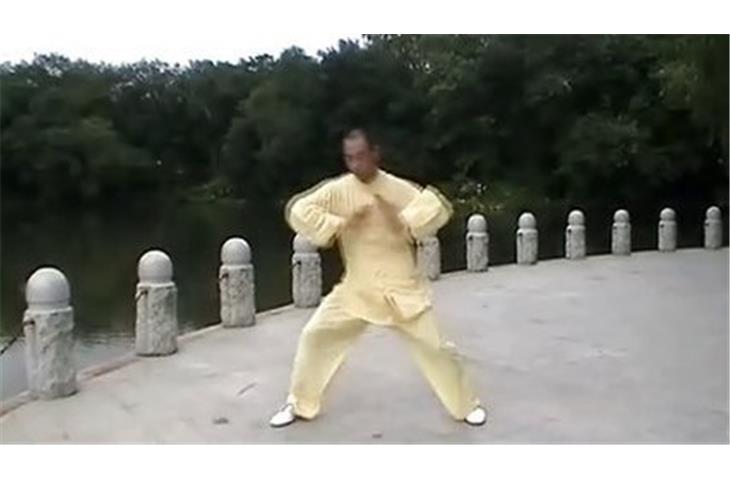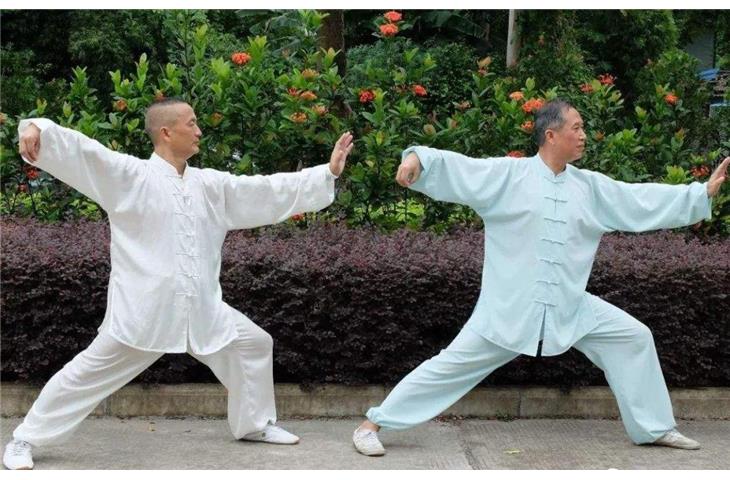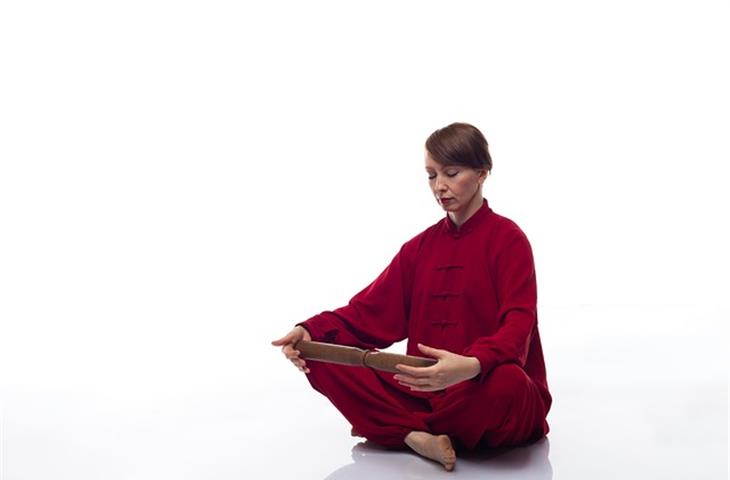Within the sphere of holistic wellness, Tai Chi and Qigong remain timeless disciplines that skillfully integrate corporeal activity, breath regulation, and cognitive concentration. Rooted in ancient Chinese wisdom, these methodologies have gained international acclaim due to their diverse advantages. This discourse explores four pivotal facets underscoring why Tai Chi and Qigong persist as popular modalities for health enthusiasts globally.
1. Amplifying Physical Fitness and Flexibility

The tranquil, fluid motions of Tai Chi and Qigong render them accessible to individuals across age groups and fitness statuses. These practices fortify muscles devoid of the exertion associated with strenuous activities, augmenting equilibrium, flexibility, and coordination. Consistent engagement can mitigate joint discomfort, enhance mobility, and potentially prevent falls amongst elderly individuals. By stimulating the body’s energetic channels (meridians), these arts foster internal organ integrity and overall vigor.
2. Mental Tranquillity and Stress Mitigation

In our contemporary, rapid-paced society, stress is a ubiquitous element impacting mental welfare. Tai Chi and Qigong provide a sanctuary from this pandemonium via mindful movements synchronised with deep, regulated respiration. This meditative attribute cultivates mental lucidity, and alleviates anxiety and depressive symptoms. The practices urge practitioners to reside in the current moment, augmenting emotional resilience and nurturing a sense of inner serenity.
3. Energizing and Augmenting Qi Circulation
At the core of both Tai Chi and Qigong is the principle of ‘Qi’, or vital energy. Through distinct postures and respiratory techniques, these disciplines strive to nurture and harmonize Qi within the body. Augmented Qi circulation not only revitalizes the practitioner but also bolsters the immune system, contributing to elevated energy reserves and disease immunity. Regular engagement can induce a sensation of buoyancy and vitality, frequently characterized as a subtle yet substantial energy surge.
4. Spiritual Evolution and Mind-Body Union
Beyond the physical and psychological domains, Tai Chi and Qigong facilitate a profound comprehension of oneself and the cosmos. The practices stimulate introspection, fostering self-realization and spiritual evolution. As one becomes increasingly attuned to their bodily sensations during practice, a heightened mind-body rapport emerges. This unity is perceived to unlock avenues to superior states of awareness and a deeper sense of interconnectedness with the natural world and others.
Embarking on the Journey: A Path to Holistic Health
Through their distinctive amalgamation of physical discipline, mental tranquillity, and spiritual inquiry, Tai Chi and Qigong propose a holistic strategy to wellness. Whether seeking alleviation from physical afflictions, mental stress, or yearning for a deeper connection to one’s inherent self, these ancient arts harbour the potential for transformation. As practitioners commence this journey, they often discover that the true reward lies not merely in mastering the forms but in the perpetual process of self-exploration and cultivation. Essentially, Tai Chi and Qigong serve as portals to a life led in harmony, where mind, body, and spirit are perfectly balanced.





